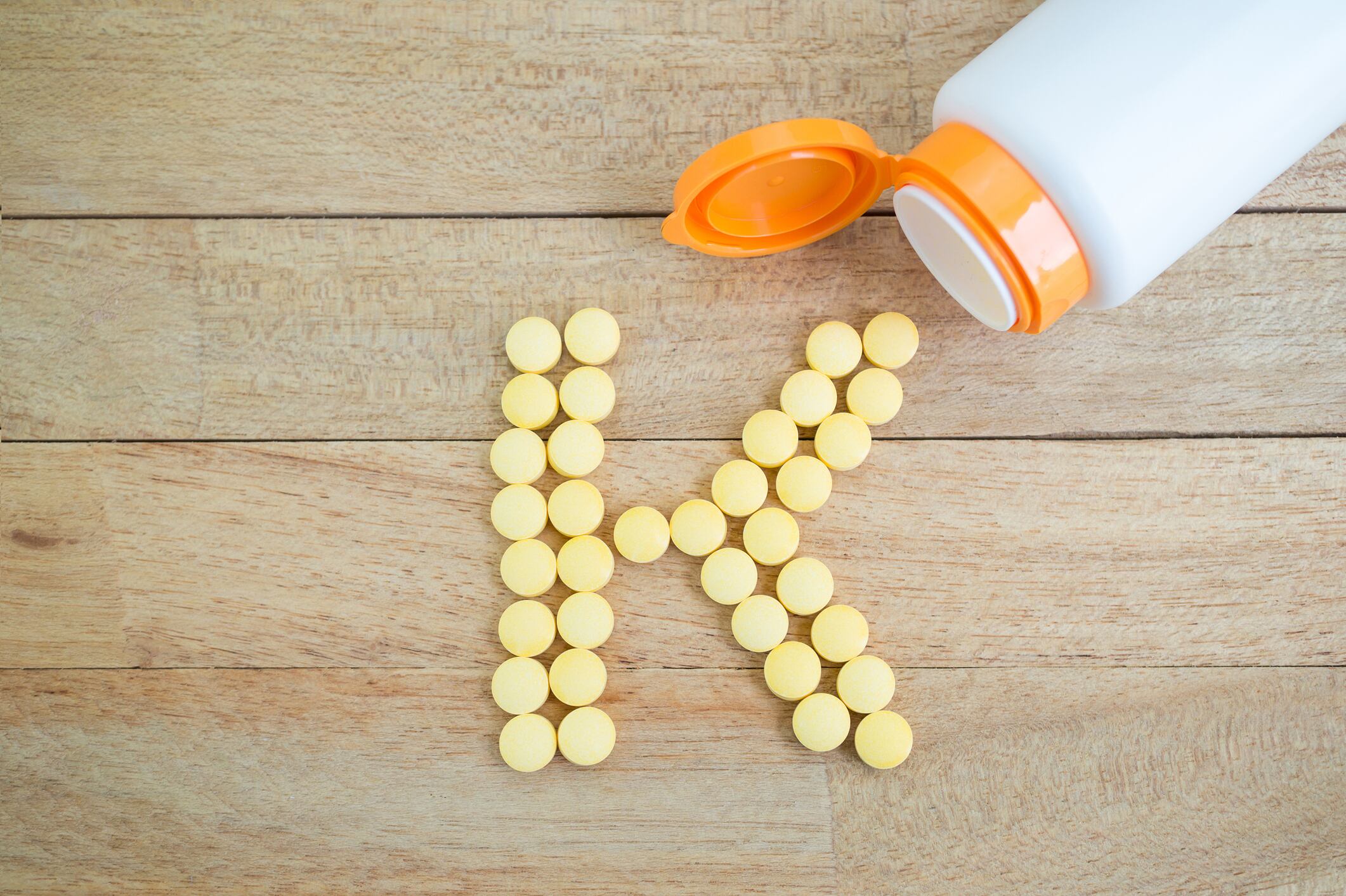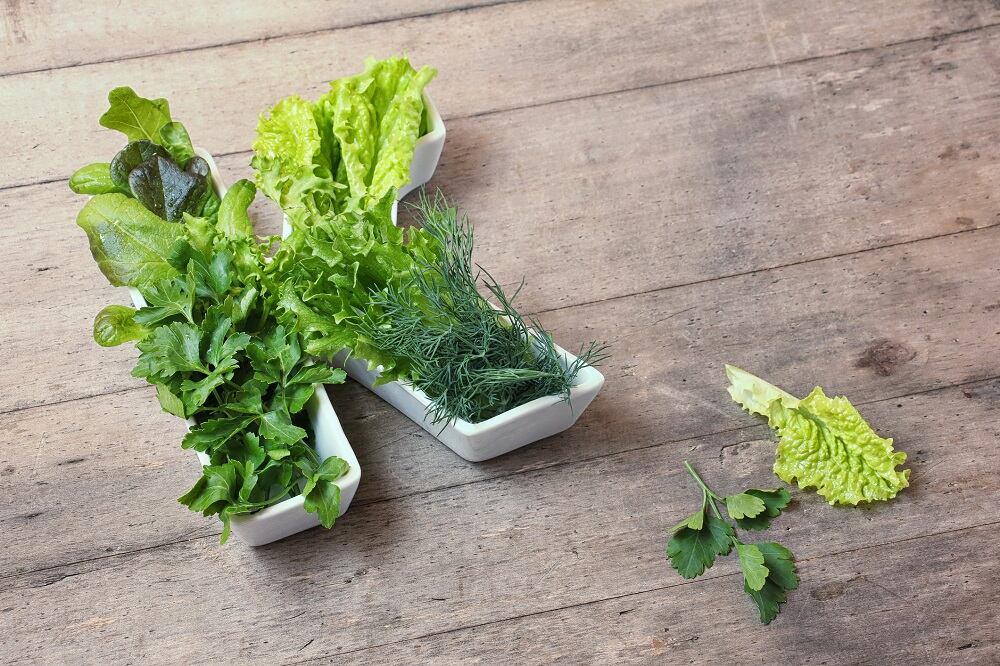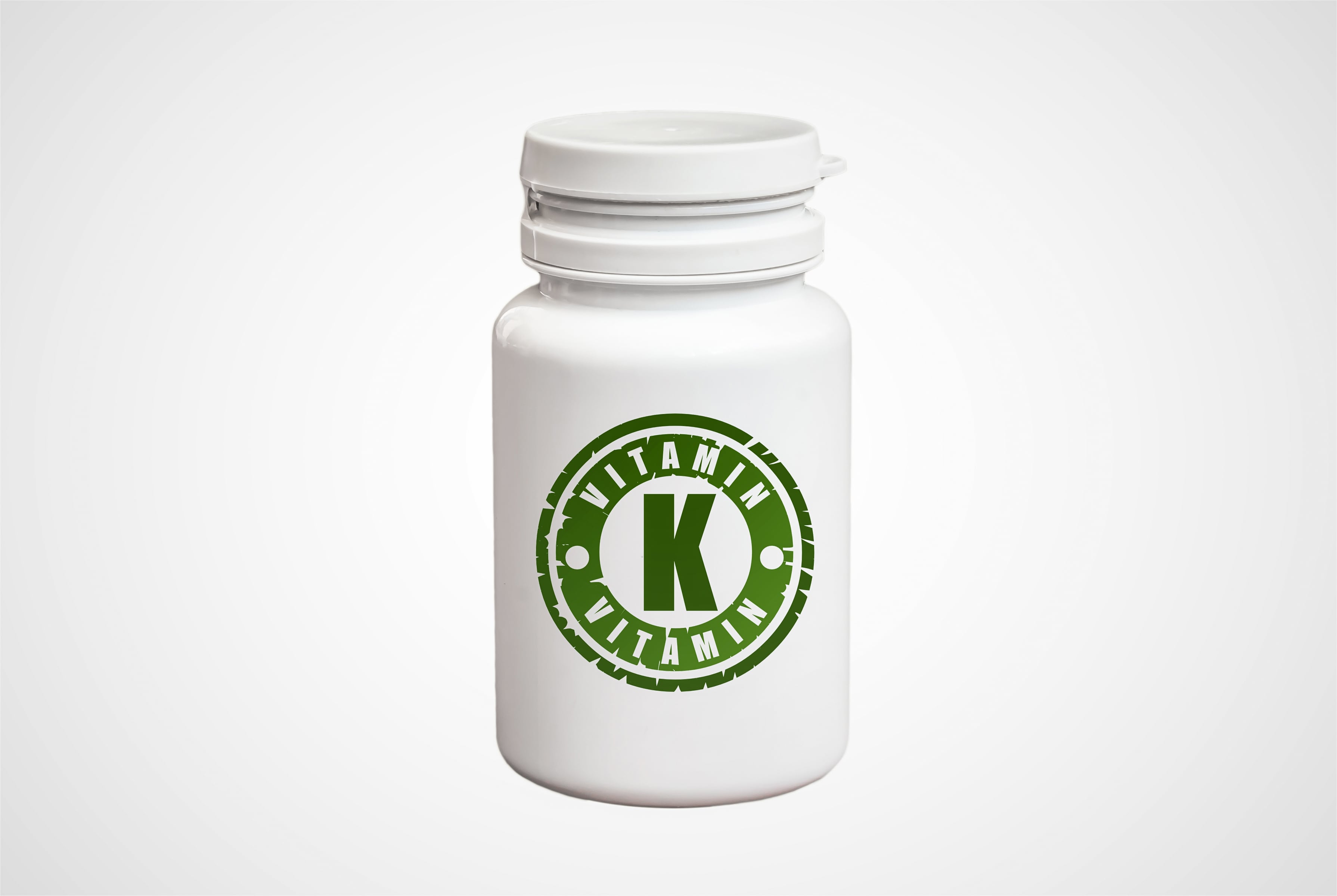Writing in Frontiers in Endocrinology, scientists from Zhejiang Chinese Medical University reported that vitamin K2 significantly increases osteocalcin (cOC), a vitamin K-dependent protein that is essential for the body to utilize calcium in bone tissue.
Increases were also recorded for bone-specific alkaline phosphatase (BAP), an enzyme that plays a crucial role in the mineralization of bone.
On the other hand, the vitamin was also associated with reduced levels of undercarboxylated (inactive) osteocalcin (ucOC). Without adequate vitamin K, the osteocalcin remains inactive and thus ineffective.
“These findings support the potential role of vitamin K2 in improving bone metabolism by enhancing osteocalcin carboxylation and possibly modulating bone turnover processes,” the researchers wrote.
From bones to heart health
K1 is found in green leafy vegetables such as lettuce, broccoli and spinach and makes up about 90% of the vitamin K in a typical Western diet, while K2 makes up about 10% of Western vitamin K consumption and can be synthesized in the gut by the microflora.
Menaquinones (MK-n: with the n denoting the number of prenyl side chains) can also be found in the diet. MK-4 can be found in animal meat, MK-7, MK-8 and MK-9 are found in fermented food products like cheese. Natto, a fermented soybean paste, is a rich source of MK-7.
The bone health benefits of vitamin K2 are supported by multiple studies (many of the commercial vitamin K2 dietary supplements on the market are making bone-related structure-function claims in the United States). The cardiovascular benefits of K2 have also been established, with the Rotterdam Study (published in 2004 in the Journal of Nutrition, Vol. 134, pp. 3100-3105) one of the first to show that adequate intake of menaquinone was associated with less aortic calcification and a lower risk of all-cause mortality.
Study details
The researchers included only randomized controlled trials that investigated the effects of vitamin K2 supplementation on bone turnover biomarkers in postmenopausal women with osteoporosis. Nine studies providing data on 2,570 women met the inclusion criteria. The participant ages ranged from 60 to 77, and the most common supplementation period was 6 months.
In addition to improvements in levels of OC, BAP and ucOC, the researchers found that K2 supplementation reduced tartrate-resistant acid phosphatase (TRAP) levels. TRAP is an enzyme that helps break down bone tissue.
Another biomarker of bone breakdown, C-terminal telopeptide (CTX), also showed a small but statistically significant reduction.
“These findings support its [vitamin K2’s] role in bone metabolism, though further long-term studies are needed to confirm clinical benefits, such as increased bone mineral density,” the researchers wrote.
‘The evidence supports a role for vitamin K2 in bone health’
Commenting on the findings of the meta-analysis, Katarzyna Maresz, PhD, vitamin K2 expert, former president of the International Science and Health Foundation, and coordinator of the Gnosis Vitamin K2 Scientific Advisory Committee, told NutraIngredients: “This meta-analysis is important because prospective data link poorer OC carboxylation (a marker of lower extrahepatic vitamin K status) with higher fracture risk. That said, multiple MenaQ7 Vitamin K2 [Gnosis’ branded MK-7 ingredient] studies in adults and children demonstrated improvements in extrahepatic vitamin K status—increased activation (carboxylation) of osteocalcin.”
Dr. Maresz said that while biomarkers are encouraging, the medical community prioritizes hard endpoints such as bone mineral density/bone mineral content (BMD/BMC), bone strength and fractures.
“In a three-year randomized trial, MenaQ7 improved vitamin K status (increased activation of OC), attenuated loss of BMD/BMC and increased hip strength indices with a daily dose of 180 mcg,” she added. “Additionally, a 2022 meta-analysis of 16 RCTs (n = 6,425) in postmenopausal women found that vitamin K2 helps maintain BMD, reduces fracture incidence, and improves extrahepatic K status. (ref: Ma et al., Front Public Health, 2022)
“Together, with the new Frontiers in Endocrinology meta-analysis, the evidence supports a role for vitamin K2 in bone health,” Dr. Maresz said.
Source: Frontiers in Endocrinology, 2025, Vol 16, doi: 10.3389/fendo.2025.1703116. “The effect of vitamin K2 supplementation on bone turnover biochemical markers in postmenopausal osteoporosis patients: a systematic review and meta-analysis”. Authors: Z. Zhang, et al.




